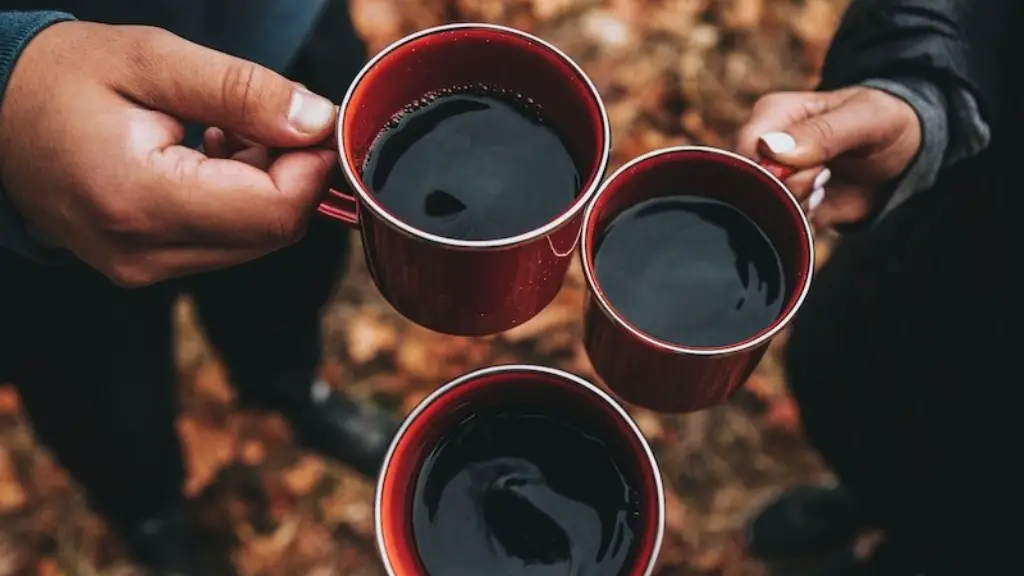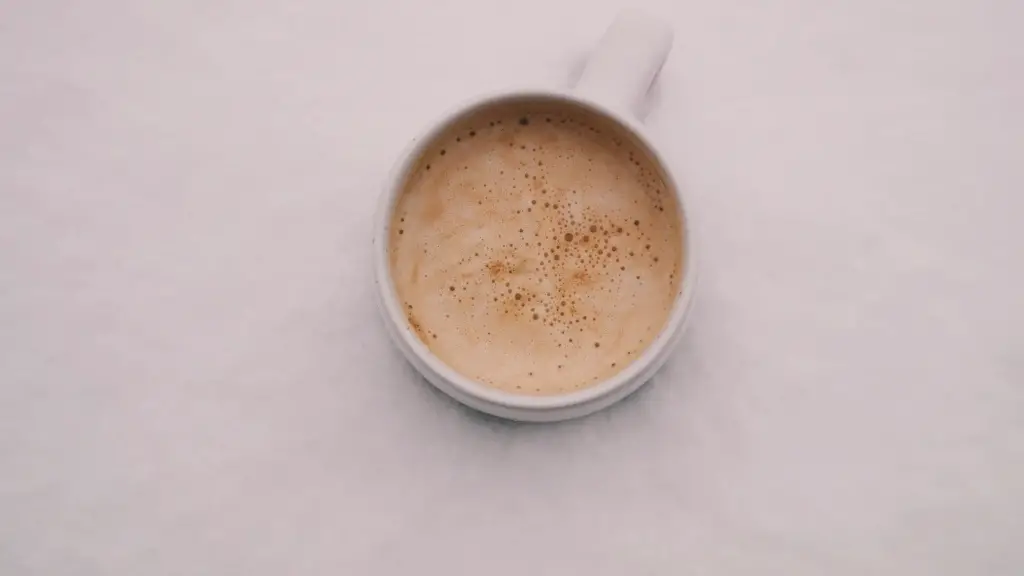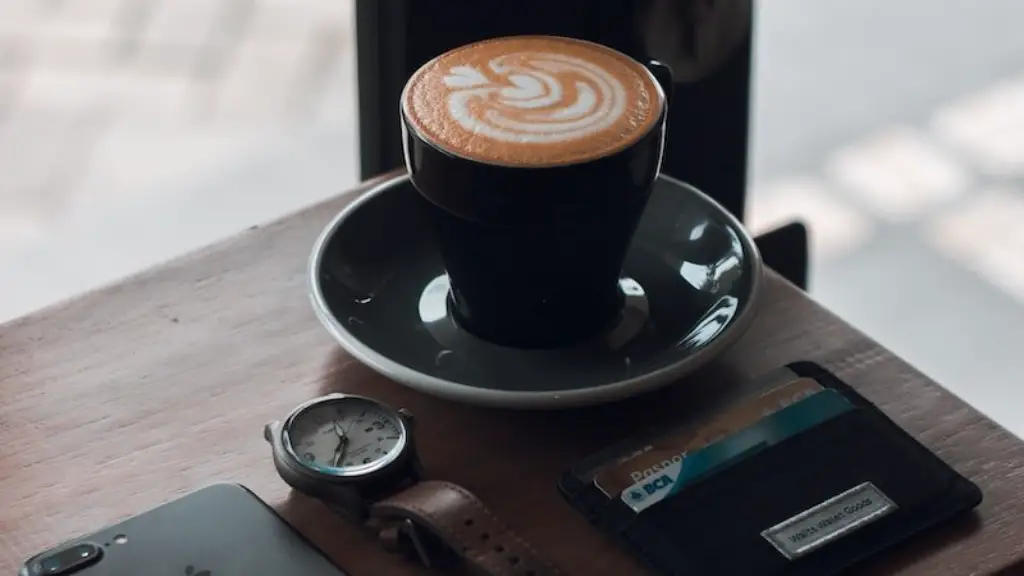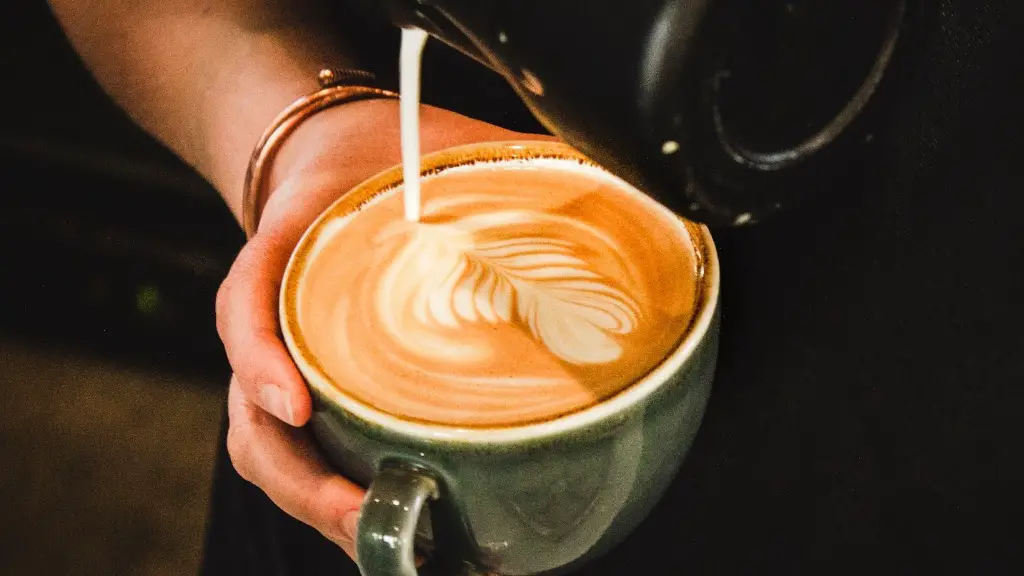Instant Coffee for Fast Caffeination
With so many different types of coffee available nowadays, it can be difficult to decide which is the strongest option. As each coffee type has its unique characteristics, you can out different kinds of coffee to your preference. Generally, the stronger the coffee, the more caffeinated it will be, but this isn’t always the case. To help narrow down your choices, here’s a breakdown of the strongest types of coffee.
Instant coffee is certainly one of the quickest options to get a caffeine boost. Although it tastes weaker than other types of coffee, instant coffee contains almost the same level of caffeine as ground coffee, which means it can still provide an excellent jolt of energy. Thanks to its convenience, instant coffee has become increasingly popular for those who are on the go.
Espresso for Maximum Caffeine Content
For many coffee lovers, espresso is the way to go for the ultimate in caffeine content. This highly concentrated form of coffee is created using pressurized water through finely ground coffee beans and usually contains about 40-70 mg of caffeine per shot (1 oz). Espresso has a bold and intense flavor that can be perfected with advanced technique, such as in Italy, where it’s a way of life. Even a tiny cup of espresso can be packed with a lot of caffeine, which gives you the energy you need to get through the day.
Cold Brew Coffee for Lasting Energy
Though it doesn’t contain as much caffeine as an espresso shot, cold brew coffee is one of the strongest liquid forms of coffee available. This slow extraction process produces a smooth and mellow flavor that’s much less acidic than regular coffee. The caffeine release also takes a while to hit the bloodstream, meaning it’s ideal if you need to recharge later in the day without experiencing a sudden crash when the caffeine wears off. On average, a 12-ounce cup of cold brew contains about 165 mg of caffeine.
Turkish Coffee for a Burst of Flavor
Traditional Turkish coffee is a surprisingly strong coffee despite its tiny cup size. It’s prepared with finely ground coffee beans and boiled over low heat, giving it an intense flavor and a thick, creamy consistency. You might be surprised at how robust it can be. While Turkish coffee is often simply used as an occasional pick-me-up, it’s perfect for leisurely indulgence. Turkish coffee contains about 70 – 80 mg of caffeine per cup.
Coffee Powders and Pills for Maximum Buzz
If you’re looking for the strongest type of coffee for maximum buzz, consider testing out some extreme caffeination options. Coffee powders, for instance, have a concentrated caffeine content and make it easy to add a few extra milligrams to your morning cup. Coffee pills offer an even more concentrated form of caffeine without the caffeine crash that you can experience from regular coffee. Both of these caffeinated alternatives offer more powerful caffeine boosts.
Robusta Coffee Beans for a Strong Flavor
Robusta coffee beans are generally stronger and contain more caffeine than Arabica beans, but they also have an earthier, more bitter flavor. As these beans have a higher caffeine content, they’re often used as a base for espresso-based drinks like cappuccinos and macchiatos. Robusta coffee beans are available in various roast levels, which allow you to customize your cup to suit your taste buds.
Nitro Coffee for a Smooth Delivery
You may also want to try nitro coffee, which is an espresso-based cold brew that’s infused with nitrogen gas. This process creates a smooth and creamy taste. The nitrogen helps with the extraction process and helps to ensure that the caffeine is delivered into the bloodstream in a slow, steady flow. This helps reduce the risk of an energy crash, so the caffeine effects are longer-lasting. On average, a 12-ounce cup of nitro coffee contains about 165 mg of caffeine.
Nutritional Guidelines for Consuming Coffee
No matter which type of coffee you choose to drink, it’s important to note that coffee is a drug and should be consumed in moderation. To help you stay energized and look after your health, it’s important to stick to the recommended guidelines on how much caffeine we should be drinking a day. As of March 2020, the European Food Safety Authority advises that adults can consume up to 400 mg of caffeine per day without suffering from any adverse health effects.
What is the Strongest Type of Coffee?
The strongest type of coffee varies depending on your individual needs and preferences. With so many types of coffees to choose from, it can be difficult to decide which is the strongest. Generally speaking, instant coffee and espresso provide a jolt of energy thanks to their caffeine content. If you’re looking even more intense, try out a cup of cold brew or nitro coffee. Robusta coffee beans are also known for their stronger taste and greater caffeine content.
Alternatives to Coffee and their Caffeine Content
While coffee is often favored by many for its high caffeine content, there are some other caffeinated beverage alternatives. Tea is the second most popular caffeinated beverage, with the average cup containing about 47 mg of caffeine – about half of the amount found in coffee. Energy drinks come in a variety of flavors, with an average of 93 mg of caffeine per serving. If you’re looking for an even stronger kick, guarana is an often-overlooked caffeine booster that contains around 140-309 mg of caffeine per 100g.
Considerations When Choosing the Right Coffee for You
When choosing the best coffee for you, it’s important to consider your individual needs, preferences, and health. To ensure you get the most out of your cup of joe, take a look at the various brewing methods and the types of beans that are available. For those who want a stronger cup of coffee, espresso, instant coffee, and robusta beans are great options. You can also look into energy drinks and guarana products for an even bigger caffeine hit.
Coffee Consumption: Benefits and Drawbacks
As with any food or drink, there are both positive and negative aspects of consuming coffee. Generally, drinking coffee has been linked to improved alertness, metabolism, and mental performance. It is also rich in antioxidants, which can help promote good health. On the other hand, there are also some potential drawbacks, such as dehydration and insomnia, which can be experienced if too much caffeine is consumed.
The Science Behind Coffee and Caffeine
Caffeine is actually a chemical. It works by blocking certain receptors in the brain that make us sleepy. It also stimulates the body’s adrenal glands, releasing adrenaline – the ‘fight or flight’ hormone that helps to improve focus, alertness and concentration. That’s why coffee is often the go-to drink for those wanting a brain boost. It’s important to note, however, that everyone’s individual caffeine tolerance levels are different – experiment to find the right type of coffee for you.
Strategic Coffee Consumption
Strategic coffee consumption can be helpful if you want to stay alert and focused during the day. If you find yourself becoming sluggish in the afternoon, for example, try having a cup of coffee around three to four hours before bedtime. This will ensure you reap the benefits without suffering from any adverse effects, such as getting insomnia or feeling jittery. If you’re someone who feels the effects of caffeine more intensely, you should opt for decaffeinated or herbal coffee instead.



